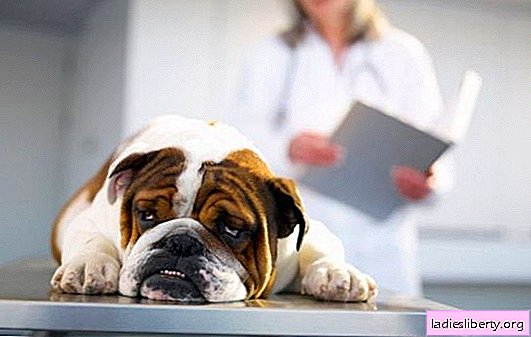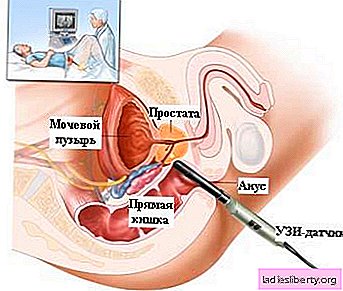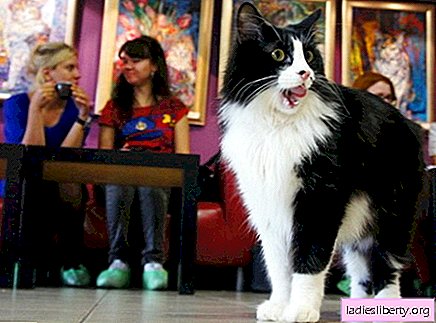
In 2018, a record number of cases of vitamin D overdose among dogs were identified. The first deaths of dogs that ate certain types of food were reported. Therefore, customers should under no circumstances continue to feed a particular brand.
What role does vitamin D play in dogs?
Vitamin D is a precursor to hormones involved in the regulation of calcium and phosphate metabolism in dogs. It is important for the growth and maintenance of bone tissue. Due to the regulatory functions that vitamin D has in the body, there is a debate about its benefits.
Vitamin D is necessary for the absorption of calcium and phosphorus and, therefore, for a stable and elastic skeleton and healthy teeth. It regulates the exchange of calcium and phosphates and is involved in the regulation of calcium levels in blood plasma. This ensures the release of calcium from both the bones and the intestines.
Maintaining plasma calcium levels is important for the functioning of the nervous system, as well as for the growth and maintenance of bones. Vitamin D3 also reduces the secretion of the hormone of the parathyroid gland.
Why is an overdose of vitamin D dangerous?
An overdose of vitamin D causes an increase in the concentration of calcium in the blood. A high concentration of calcium increases the risk of clogging of the vessels of the heart, lungs, and kidneys. In dogs, an overdose causes stunting and impaired development of the dentition.
Overdose symptoms include cardiac arrhythmia, frequent urination, increased water intake, nausea, and vomiting. Kidney stones are extremely rare. Even a moderate supplementation of vitamin D can lead to pathological symptoms when there is little calcium in the diet.
Only by taking an excessively high dose of an isolated vitamin can you suffer from an overdose.
Although vitamin D is fat-soluble, the body cannot store most of it. Vitamin D does not affect storage and cooking. It is thermostable up to 180 ° C.
Foods Rich in Vitamin D:
- a fish;
- eggs
- liver;
- cod liver oil;
- cheese;
- milk;
- butter;
- animal tissue.
What types of food contain a lot of vitamin D?
In 2018, more than 200 dogs were injured in Germany by Hill'sPetNutrition. The food was sold in retail outlets, veterinary services and on the Internet. Due to a supplier error, an excessive amount of vitamin D.
An overdose can cause vomiting, loss of appetite, extreme thirst, increased urination, weight loss, and renal dysfunction in dogs. In some cases, the animal died due to feed.
Pet owners who have purchased a product with the indicated batch numbers must dispose of these products. If the dog shows signs of the disease after eating, consult your veterinarian.
According to the manufacturer, in most cases a full recovery is expected as soon as the animal switches to another feed.
The first deaths of dogs fed animal feed have already been reported on the Internet. Even the dog of the American reporter Caitlin Gibson from the Washington Post was killed in this way.
Food from other manufacturers has also been repeatedly accused of exceeding the permissible norm of vitamin D.
When should I contact a veterinarian?
Symptoms of an overdose of vitamin D with excessive calcium intake range from nausea and vomiting to cardiac arrhythmias, muscle weakness, and coma.
Symptoms of an overdose in which you need to take the dog to the veterinarian:
- vomiting
- losing weight;
- azotemia (increased concentration of nitrogen in the blood);
- increased thirst and increased urination;
- dehydration.
However, even in the absence of such symptoms, an ongoing overdose of vitamin D over time leads to calcification of organs and blood vessels. This contributes to the formation of kidney stones (nephrolithiasis), atherosclerosis, and heart attacks.
You should not postpone the visit to the veterinarian, because every minute can be important to save the life of the pet.











